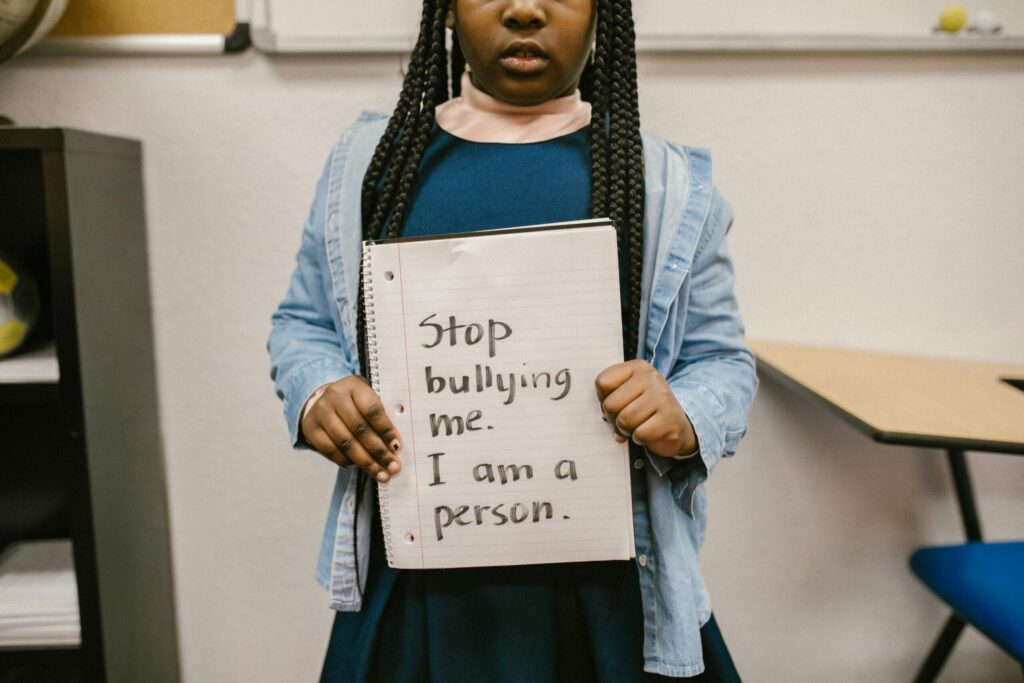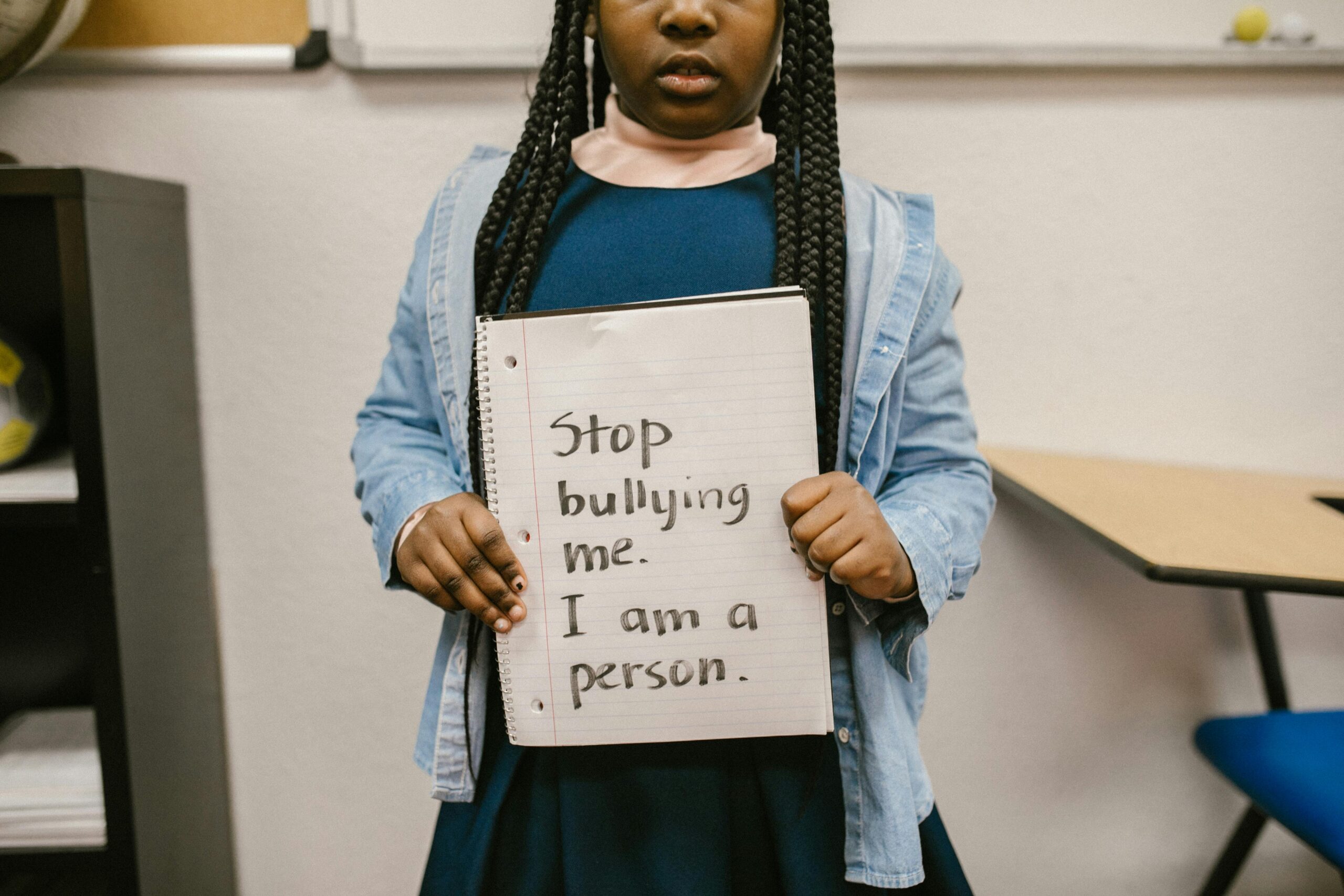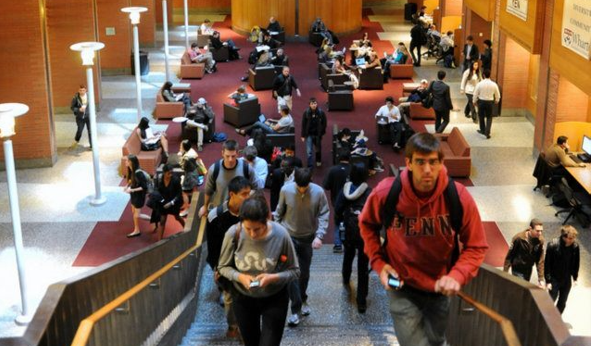
The Red Pen Review | Bullying isn’t just immoral, but counterproductive
Photo credit: Pexels
By Thomas Sharrock
For most people, bullying in any form is obviously unacceptable. But with calls for the “Snowflake Generation” to “toughen up”, we seem to have forgotten just why that is. Some seek to rein in the definition of bullying in order to allow for micro-aggressions under the guise of ‘social correction.’ Apparently, kindness and compassion just aren’t good enough. Victims of bullying are often told that what they have experienced is simply “character-building”, a term concocted by bullies as some sort of self-reconciliation of the guilt they surely feel for their hateful behavior. They seem to believe that the hurt they inflict on others comes from a positive intention to make their lives better.
Building—be it character or anything else—must begin with the laying of solid foundations. In this case, the basis for your own personal development is laid during adolescence. That foundation should include self-esteem, confidence, good mental health, and a healthy social outlook. But what these so-called “character-builders” (bullies, renamed) are actually doing is destroying foundations and forcing people to build on shaky ground. So, while the effects of bullying may be perceived as strengthening in the immediate future, the chances of castles crumbling later in life are infinitely higher.
Furthermore, when we take a more holistic view of bullying behaviors and act positively against hateful behavior, studies show that we could even reduce gun violence, specifically school shootings. A study conducted by Allison Paoloni, sponsored by the American Counseling Association, synthesized the work of the Safe Schools Initiative Report to conclude that 71% of attackers surveyed were victims of bullying, and 87% of school shooting perpetrators left behind signs of severe bullying. So much for ‘social correction.’
Bullying is not just wrong, it’s counterproductive. Not only are the victims of bullying manifestly more likely to suffer from depression, anxiety, and decreased academic achievement, but studies also show that bullying is a positive feedback loop. Bullies themselves are more likely to have suffered from bullying in the past and have difficulties with emotional self-regulation. It appears that what is sometimes described with the erroneous misnomer of ‘social correction’, is perpetrated by those who are in need of support themselves, making them seemingly unqualified for said social corrective efforts.
In order to fully appreciate the benefits of building people up instead of tearing them down, just take a look at the record of major social movements. In recent history, almost all of them have succeeded because communities built each other up through support, not because they went through periods of “character-building”. Just because someone behaves differently, or has different interests, does not give us the right to ostracize them from society in the name of ‘social correction.’ Instead of helping people amend negative behaviors, their expression and self-confidence are inhibited, and their social outlook becomes warped and over-analyzed.
Less than a month ago, as a new staff member at The Pennsylvania Post, I found myself sitting in a Van Pelt GSR, surrounded by many students whose political views were diametrically opposed to my own. It was the first time in just under two years, since graduating from high school, that I was in that position, and I couldn’t help but begin to draw comparisons.
While in high school, discussions were dominated by personal attacks, homophobic slurs, and condemnations that I was “weird” or “stupid”. There, I didn’t feel “toughened up”, I just felt alone. But this time around, my ideas and behaviors were welcomed with open arms. A differing political opinion was not met with fierce personal resistance, but rather intrigue and a genuine desire to know more. That is how we learn from each other.
Punishing others at a young age for being different is an early contributor to the echo chamber which so dominates modern discourse through social media. We should be teaching young people to try to understand each other better and set meaningful boundaries that can be reinforced through official channels. Instead of considering those who express themselves differently as “unsocialized”, we should try to better understand the dangers of trying to “socialize” others in harmful ways. It’s not your responsibility. A kind word and healthy boundaries will be much more effective because kindness reduces anxiety, eases stress, and helps us relate better to others.
Beyond that, the so-called ‘Snowflake Generation’ is hardly unfamiliar with struggle. Increasing economic inequality in the West, permanent online visibility and scrutiny, and intense academic pressure characterize normalcy for young people today. More than any other generation, the Snowflake Generation has the confidence to speak out against social injustices and call on political leaders for change. Struggle is already a part of many peoples’ lives—why add to it?
It seems that some have forgotten why society decided bullying was bad in the first place. Let this serve as a reminder. Bullying has no place in any society interested in productivity, kindness, peace, and compassion.
Thomas Sharrock is a sophomore in the College studying International Relations and Francophone, Italian & German Studies from Winchester, UK. Thomas is also Arts & Culture Editor for The Pennsylvania Post. His email is tjsharr@sas.upenn.edu.





Thanks for sharing. I read many of your blog posts, cool, your blog is very good.